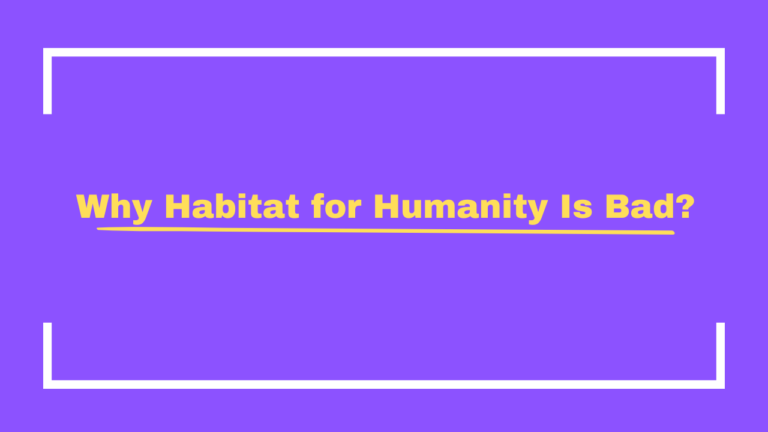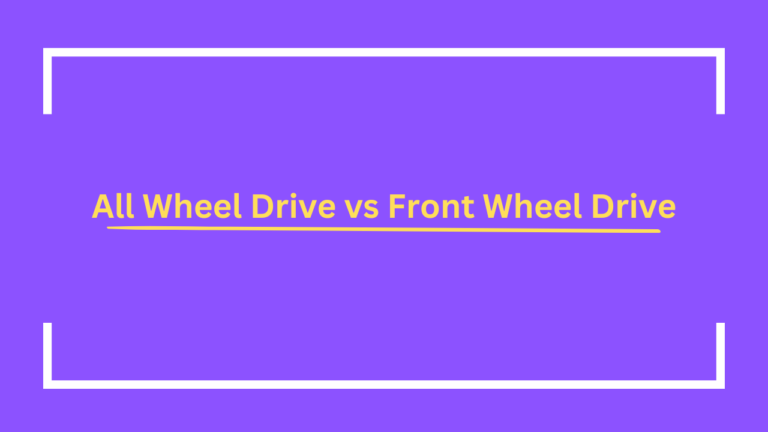Why Stay Away from the Book of Enoch? Understanding the Controversy
The Book of Enoch is an ancient religious text often surrounded by intrigue and debate. Revered by some and dismissed by others, it occupies a unique place in theological discussions. For many, the question arises: Why stay away from the Book of Enoch? This article explores the reasons behind the warnings, the text’s origins, and its implications for modern readers.
What Is the Book of Enoch?
The Book of Enoch, attributed to the biblical figure Enoch (the great-grandfather of Noah), is an ancient Jewish text written in multiple sections. Its content includes:
- The Watchers: A group of fallen angels who impart forbidden knowledge to humanity.
- Heavenly Visions: Descriptions of cosmic realms and divine judgment.
- Prophetic Writings: Insights into the end times and the coming of a Messiah.
Though not part of the canonical Bible for most Christian traditions, it is considered scripture in the Ethiopian Orthodox Church and has influenced various theological ideas.
Why Do Some People Warn Against It?
1. Non-Canonical Status
Most major Christian denominations, including Catholicism and Protestantism, exclude the Book of Enoch from the Bible. Its omission raises questions about its theological reliability. Critics argue that:
- It lacks divine inspiration.
- It doesn’t align with established biblical doctrines.
- Early church councils deemed it non-canonical.
2. Speculative Content
The Book of Enoch delves into supernatural topics that many find speculative or overly mystical, such as:
- Detailed accounts of fallen angels and their actions.
- Cosmological theories not supported by other biblical texts.
- Apocalyptic visions that can be unsettling or confusing.
For some, these elements might lead to misinterpretation or spiritual confusion.
3. Potential for Misuse
Enthusiasts of esoteric or fringe theology often use the Book of Enoch to support unconventional or heretical beliefs. This misuse can result in:
- Distorted understandings of Christian doctrine.
- Obsession with apocalyptic themes over practical faith.
4. Controversial Historical Influence
While it provides fascinating historical insights, its association with certain pseudepigrapha (texts falsely attributed to biblical figures) can make readers skeptical of its authenticity.
Theological and Practical Considerations
Theological Concerns
- Inconsistent with Scripture: Key ideas in the Book of Enoch—such as angelic unions with humans—are minimally addressed or interpreted differently in canonical texts.
- Authority of Scripture: Some argue that focusing on non-canonical texts undermines the Bible’s authority.
Practical Concerns
For modern readers, diving into the Book of Enoch without proper guidance can lead to:
- Confusion about its place in Christian theology.
- A shift away from foundational teachings in pursuit of sensationalism
Why Do Some People Still Read It?
Despite these concerns, many scholars, theologians, and laypeople study the Book of Enoch for various reasons:
- Historical Context: It provides insights into Second Temple Judaism and early Christian thought.
- Apocalyptic Literature: It contributes to understanding the genre and its influence on texts like Revelation.
- Cultural Significance: Its impact on art, literature, and theology is undeniable.
Should You Stay Away?
When to Stay Away
- If you’re new to Christianity or lack a solid foundation in biblical doctrine.
- If you’re prone to confusion or find speculative ideas overwhelming.
- If you’re using it as a replacement for canonical Scripture.
When to Approach with Caution
- If you’re a scholar or theologian interested in historical and cultural studies.
- If you read it alongside trusted commentaries to maintain a balanced perspective.
- If you’re curious but prioritize the Bible’s teachings as your ultimate guide.
FAQ
Q: Why isn’t the Book of Enoch part of the Bible?
A: Early church councils deemed it non-canonical due to questions about its authorship, authenticity, and alignment with biblical doctrine.
Q: Is the Book of Enoch dangerous to read?
A: Not inherently, but it can be misleading if interpreted without a solid foundation in biblical theology.
Q: Can Christians read the Book of Enoch?
A: Yes, but with discernment and the understanding that it is not divinely inspired Scripture.
Final Thoughts
The question of whether to stay away from the Book of Enoch ultimately depends on your perspective and purpose for reading it. While its intriguing content and historical value cannot be denied, its speculative nature and non-canonical status make it a text to approach with caution.
If you choose to explore the Book of Enoch, remember to ground your understanding in sound biblical principles and consult knowledgeable sources for context.




